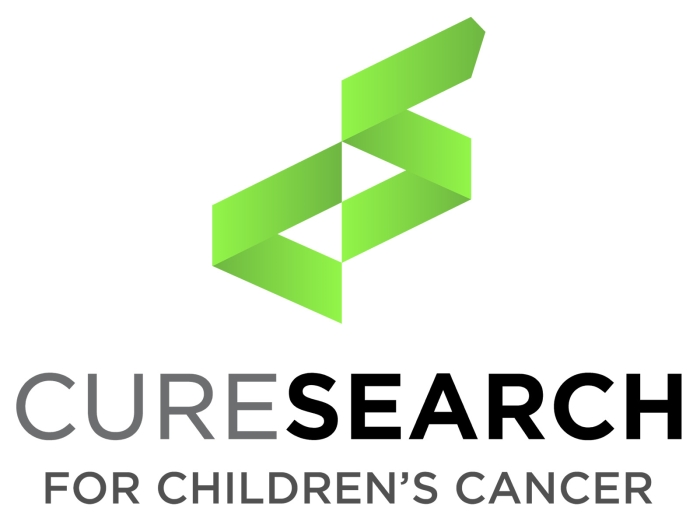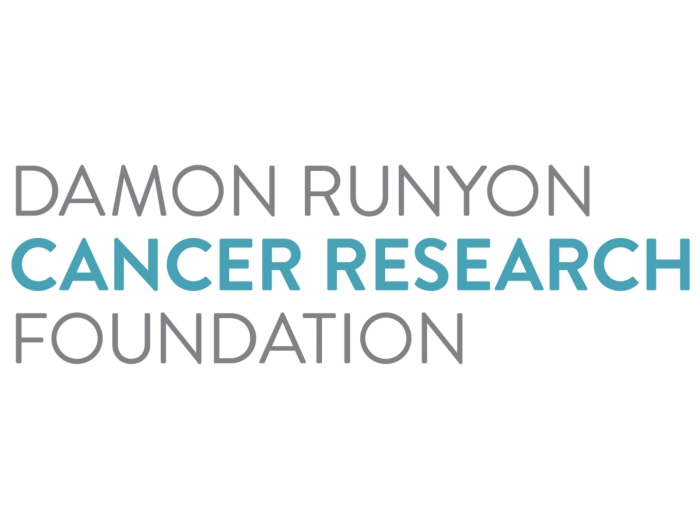
1150 W. Medical Center Drive, MSRBII Room 2560B
Ann Arbor, MI 48109-0600
Available to mentor

Dr. Prensner is a physician-scientist and pediatric hematologist/oncologist specializing in the treatment of children with brain tumors. He is a Principal Investigator of an independent biomedical research laboratory focused on the study of the cancer genome in childhood brain cancers. His research interests focus on the molecular mechanisms and driver genes of brain cancers such as medulloblastoma, atypical teratoid/rhabdoid tumor, and diffuse intrinsic pontine glioma.
Dr. Prensner received his undergraduate degree from Tufts University in 2005 and his medical and doctorate degrees from the University of Michigan in 2014. He completed clinical training in pediatrics in the Boston Combined Residency Program and his clinical fellowship in pediatric hematology/oncology at Boston Children's Hospital and the Dana-Farber Cancer Institute. After finishing his clinical training, he conducted post-doctoral research at the Broad Institute of MIT and Harvard. He returned to Ann Arbor in 2023 to join the faculty at the University of Michigan. He is board-certified in Pediatrics and Pediatric Hematology/Oncology.
-
Post-doctoral Research FellowshipBroad Institute of MIT and Harvard, Cambridge, 2023
-
Pediatric Hematology/Oncology FellowshipDana-Farber Cancer Institute, Boston, 2020
-
Pediatrics ResidencyBoston Combined Residency Program, Boston, 2017
-
MDUniversity of Michigan Medical School, Ann Arbor, 2014
-
PhDUniversity of Michigan Medical School, Ann Arbor, 2012
-
BATufts University, Medford, 2005
-
Center MemberRogel Cancer Center
-
Center MemberCenter for Computational Medicine and Bioinformatics
The Prensner lab is studying the molecular biology of cancer, with a focus on pediatric brain tumors. The lab is especially interested in the non-coding genome in cancer, which is the >98% of DNA outside of the known genes, as well as RNA biology that derives from RNA translation in the non-coding genome. Their work is focused on how these molecular mechanisms may describe new cancer driver genes in childhood brain tumors and also lead to new therapies targeting the RNA biology of cancer. Specific areas of interest include:
Pediatric Brain Tumors: We seek to discover the root causes of brain tumors in children, with specific focus on embryonal brain tumors (medulloblastoma, atypical teratoid/rhabdoid tumor) and diffuse intrinsic pontine glioma (DIPG) and diffuse midline glioma (DMG). We focus our studies on probing the cellular consequences of activating disease driver genes in these tumors. We believe that a better understanding of these diseases will lead to better treatments for patients.
The Functional Genome in Cancer: In order to be activated, all genes convert their genetic signature of DNA into RNA. That RNA has the potential to translate, or produce, a protein — the molecule of biological function for a gene. This process requires ribosomes, a specialized complex that assembles the amino acids that generate the protein. We study the regulation of RNA translation in brain tumors and how it shapes their biology.
RNA Biology in Cancer: We use genome-wide approaches to map the genes that cancer cells depend on. We discover and characterize non-canonical open reading frames as a layer of under explored cancer biology. These regions may change the way we think about human cancer genes, where they are located, and how they operate. We believe that search the non-canonical genome may provide the next key insight to cure a child’s cancer.
RNA-based Therapeutics: We study how RNA may give us the next therapeutic breakthrough for childhood cancer. We discover RNA biomarkers of disease that might change clinical practice, and we explore therapeutics that target RNA and RNA translation.
Building Community Resources for Scientists Worldwide: We work collaboratively to bring international standardization to non-canonical open reading frames. We coordinate with genome databases, proteomics resources, and academic labs, to classify RNA translation for the global public.
For more information, please visit the Prensner lab website: https://prensnerlab.org/.
-
Deutsch EW, Kok LW, Mudge JM, Ruiz-Orera J, Fierro-Monti I, Sun Z, Abelin JG, Alba MM, Aspden JL, Bazzini AA, Bruford EA, Brunet MA, Calviello L, Carr SA, Carvunis A-R, Chothani S, Clauwaert J, Dean K, Faridi P, Frankish A, Hubner N, Ingolia NT, Magrane M, Martin MJ, Martinez TF, Menschaert G, Ohler U, Orchard S, Rackham O, Roucou X, Slavoff SA, Valen E, Wacholder A, Weissman JS, Wu W, Xie Z, Choudhary J, Bassani-Sternberg M, Vizcaíno JA, Ternette N, Moritz RL, Prensner JR, van Heesch S. 2024 Sep 9;PreprintHigh-quality peptide evidence for annotating non-canonical open reading frames as human proteins.
DOI:10.1101/2024.09.09.612016 PMID: 39314370 -
Prensner J, Bandopadhayay P, Saha S, Lupien L, Choi SH. Cancer Research, 2024 Sep 5; 84 (17_Supplement): b017 - b017.Journal ArticleAbstract B017: Aberrant translation of microproteins as a source of new cancer dependencies in medulloblastoma
DOI:10.1158/1538-7445.pediatric24-b017 -
Dasgupta A, Yanuzzi I, Ruiz-Orera J, Prensner JR. Neuro-Oncology, 2024 Jun 18; 26 (Supplement_4):Journal ArticleMDB-109. CHARACTERIZING DISTINCT SIGNATURES OF RNA TRANSLATIONAL REGULATION UPON MYC OVEREXPRESSION IN H9 NEURAL STEM CELLS
DOI:10.1093/neuonc/noae064.557 -
Choi SH, Lupien L, Boynton AN, Bandopadhayay P, Prensner JR. Neuro-Oncology, 2024 Jun 18; 26 (Supplement_4):Journal ArticleMDB-38. AN INTEGRATED MODEL FOR RESISTANCE TO BROMODOMAIN INHIBITORS IN CHILDHOOD MEDULLOBLASTOMA
DOI:10.1093/neuonc/noae064.487 -
Clauwaert J, Menschaert G, Prensner J. Neuro-Oncology, 2024 Jun 18; 26 (Supplement_4):Journal ArticleMDB-47. DEEP LEARNING DECODES NEW SITES OF RNA TRANSLATION IN MEDULLOBLASTOMA
DOI:10.1093/neuonc/noae064.496 -
Dang D, McKolay J, Smith K, Panwalkar P, Sweha S, Natarajan SK, Pun MJ, Ji S, Patel D, Animasahun O, Achreja A, Ogrodzinski MP, Cotter J, Hawes D, Yang F, Doherty R, Franson AT, Hanaford AR, Eberhart CG, Raabe EH, Chen B, Lyssiotis CA, Shah Y, Lunt SY, Judkins AR, Prensner J, Koschmann CJ, Waszak S, Nagrath D, Northcott P, Venneti S. Neuro-Oncology, 2024 Jun 30; 26 (Supplement_4):Proceeding / Abstract / PosterMDB-78. ISOCITRATE DEHYDROGENASE 1 INHIBITION PRIMES GROUP-3 MEDULLOBLASTOMAS FOR CUPROPTOSIS
DOI:10.1093/neuonc/noae064.526 -
Dasgupta A, Prensner JR. NAR Cancer, 2024 Jun; 6 (2): zcae023Journal ArticleUpstream open reading frames: new players in the landscape of cancer gene regulation.
DOI:10.1093/narcan/zcae023 PMID: 38774471 -
Clauwaert J, McVey Z, Gupta R, Yannuzzi I, Menschaert G, Prensner JR. 2024 Mar 25;PreprintDeep learning to decode sites of RNA translation in normal and cancerous tissues.
DOI:10.1101/2024.03.21.586110 PMID: 38585907


